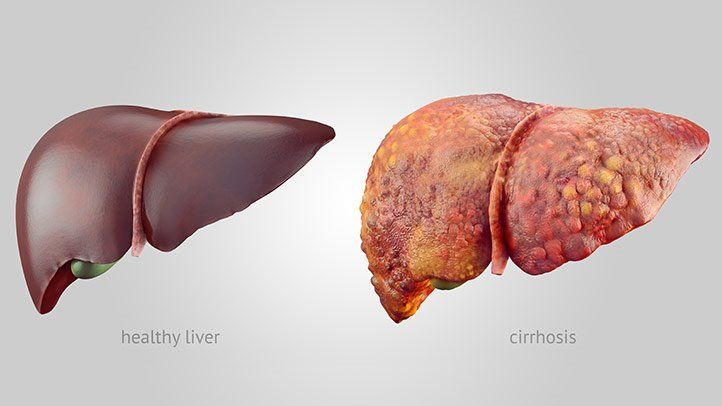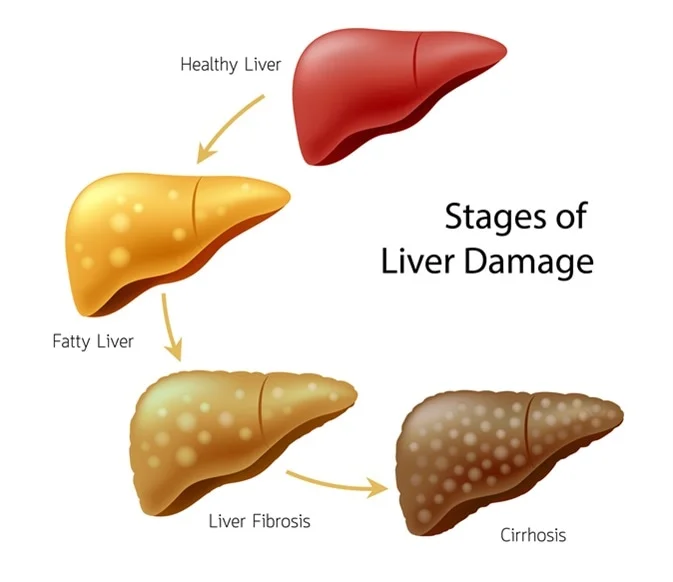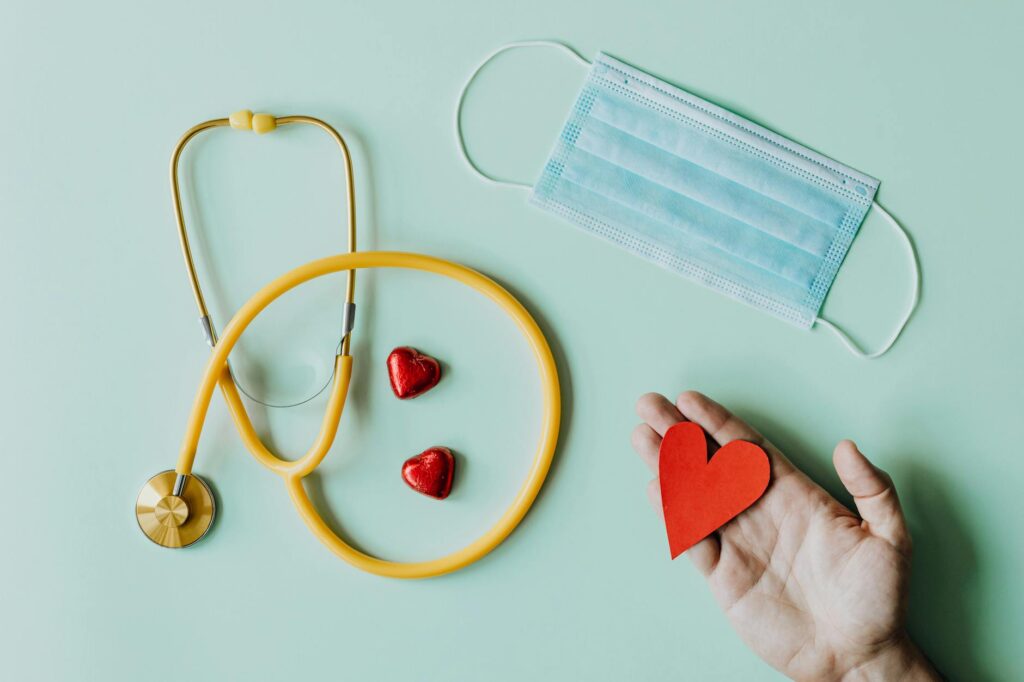One of the many primary functions of the liver is to cleanse the blood and get rid of toxins in the body.
Herbal supplements are among the best remedies for improving this organ function. There needs to be more. You also need to understand what lifestyle habits can contribute to your liver not functioning well so that you can adopt good lifestyle habits to reverse or prevent a condition from happening or improve your quality of life.
Before we look at how best to take care of this organ, it’s good to understand what role it plays in our bodies and, in case it fails to perform its functions, what repercussions it can have on our health.

What is the liver?
This organ recognizes any harmful material in the body and releases it through the kidneys, which means the liver is among the organs of the immune system since it detects an infection agent entering the body through the digestive tract, then clears the bacteria, viruses, and fungi out of the system.
A healthy liver makes the system less prone to infection rate, good skin, a healthy gut, good breath, and feeling energized.
What else does the liver do apart from detoxification?
- It converts the food we eat into glucose and then uses it as energy; it also helps store excess glucose for future use, contributing to one’s ability to control weight, either gaining or losing.
- Converts fat eaten from food and makes cholesterol.
- It produces bile, which helps in the digestion and absorption of fats and the excretion of excess cholesterol.
- Regulation of blood clotting. The liver is responsible for the production of coagulation factors. In cases where there is bleeding, the liver helps break down the blood cells, causing the formation of a plasma protein known as fibrinogen.
- Storage of iron.
- Clears bilirubin, which is a by-product after the breakdown of red blood cells.
- It helps get rid of excess hormones in the blood. The liver depends on a certain amount of hormones in the blood to function correctly. If the hormones are excess and surpass the liver’s capability in excreting the extra hormones, then these hormones increase their level in the blood. An increase in hormones compromises the way the liver functions. You may check on PCOS condition characterized by hormone imbalance.
- Storage of fat-soluble vitamins namely; A, D, E, and K.
- It helps metabolize proteins into amino acids, usually used as energy, and the muscles store the excess.
Liver with weight- If your liver is overburdened, there will be slow metabolism, which affects weight; slow metabolism also causes lethargy or fatigue and tiredness, as well as toxin build-up and affects metabolism.
How do you know that your liver isn’t functioning well?
These signs and symptoms can help you relate to how you are feeling in your body and prompt you to seek medical attention! In a certain study it was estimated that in Kenya, viral hepatitis is the dominant case of liver diseases, approximately 10% incidences are reported annually. This disease is a major cause of illnesses and deaths worldwide.

Liver disease involves several conditions that damage the liver due to different cases. There are different types of liver diseases and their cases; –
- Liver cirrhosis – This happens due to scarring tissues in the organ over a long period, which can lead to permanent scarring when the liver is unable to replace new cells. This scarring eventually leads to liver failure.
- Alcohol liver disease; – Excessive alcohol drinking can damage the liver. Research estimated that most cases of liver disease report was because of alcohol.
- Wilson disease and hemochromatosis: These types of liver diseases occur due to genetic factors. They are inherited diseases. Occurs when the liver accumulates excess copper.
- Non-alcoholic fatty liver disease – Occurs when there is excess fats build up in the liver. It commonly manifests in individuals with obesity, insulin resistance, metabolic disorders, and type 2 diabetes. It’s the most typical case of liver disorders. In Kenya, a study 2023 estimated that a higher number of obese individuals have a risk of NAFLD than normal or overweight people.
- Viral infection; – These can be hepatitis A, B, and C. They occur due to viral infection.
- Autoimmune syndrome – This usually happens when the immune system accidentally attacks the liver, which leads to the development of primary biliary cholangitis and autoimmune hepatitis.
- Liver cancer – This may be due to tumor development and abnormal cell multiplication, which leads to cancer.
HOW DO YOU KNOW YOU HAVE LIVER PROBLEM?
Symptoms of liver disease
- Abdominal pain; – the pain is felt across the upper abdomen on the right side.
- Bruising easily.
- Yellowing of the skin (jaundice)
- Bloating, gas, constipation, vomiting, nausea, loss of appetite.
- Pale stool.
- Swelling on the arms or legs.
- Hormonal imbalance, especially if you have PCOS.
- High cholesterol levels.
These symptoms can mimic other conditions, but the first signs usually change in digestive health, followed by other signs eventually.
Untreated liver disease can lead to liver failure.
What causes this liver to malfunction?
- Unprotected sex – exposure to body fluids during intercourse can predispose one to hepatitis, even kissing and getting in contact with saliva.
- Exposure to toxins, e.g., through polluted air, chemicals are sprayed on crops without proper instruction on when to eat the food produced after exposure to chemicals. You may purchase online detox supplement if you would like to detox your liver and other organs in your system.
- Obesity or overweight.
- Unhealthy dietary habits: These involve eating foods that are high in sugars and saturated fats, consuming excess processed foods, and eating canned foods.
- Hormonal imbalance: This also tends to affect the stress levels in the body, which can compromise the way the liver functions.
- Drug abuse or excessive intake of alcohol.
Is liver disease treatable?
Different tests are done to check for diagnosis during doctor visits. They include; –
- Physical exam to check the way the liver functions; – CT scan and ultrasound.
- Blood tests – Blood cell count, blood clotting test
- Check the level of bilirubin, albumin, and ammonia.
After diagnosis, there are different treatment options that the doctor usually gives. If you exhibit any of the symptoms, it will be better to pay a doctor’s visit.
How does nutrition play a part in the enhancement of your liver function or the treatment of a damaged liver?
Check for healthy ways of improving liver function and treatment through nutrition.
Several ways may help in prevention or management, or even reversing the condition and improving quality of life. These methods of treatment can be both conventional and natural ways which includes life style changes through adoption of healthy eating. Book an appointment for consultation on what foods to eat if you have dysfunctional liver.

